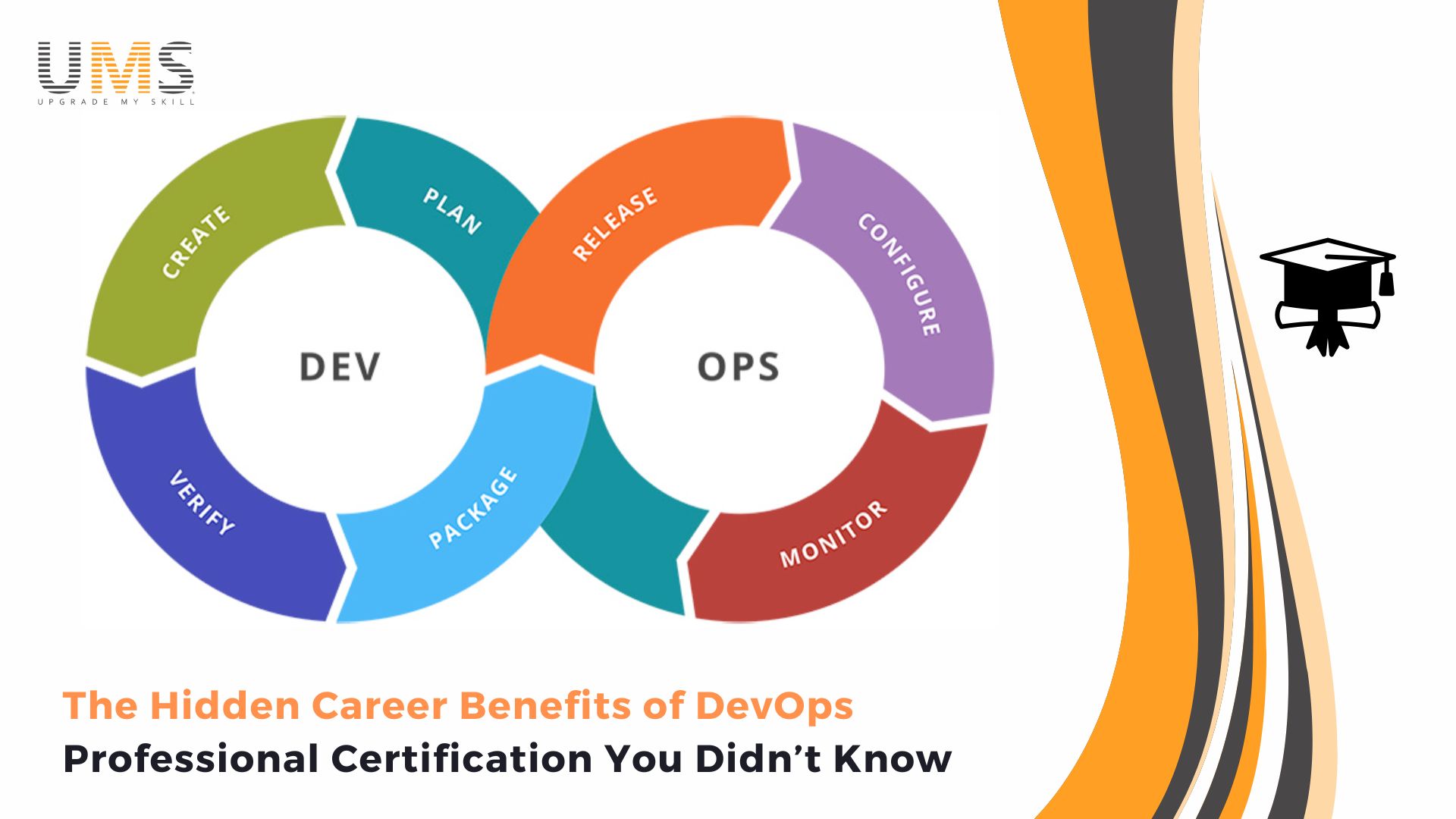- Posted By Admin
- Oct 03, 2025

In an increasingly digital and interconnected world, organizations face complex IT risks every day. From cyber threats to operational failures, IT risks can directly impact business performance and regulatory compliance. The CRISC Certification, offered by ISACA, has emerged as a globally recognized credential for professionals responsible for identifying, managing, and mitigating IT risks. Unlike certifications that focus solely on technical skills, CRISC emphasizes risk management, governance, and aligning IT with business objectives. But not every professional needs it—understanding who should take this certification is essential for making the right career investment.
IT Risk Managers are primary candidates for the CRISC certification because they are responsible for identifying, assessing, and mitigating IT-related risks across the organization. Their role often involves aligning IT initiatives with business goals, implementing risk frameworks, and reporting on risk posture to management. CRISC equips them with formal methodologies and tools to measure and communicate risk effectively. It also helps in prioritizing risks based on potential impact, evaluating the effectiveness of existing controls, and ensuring compliance with industry standards. With CRISC, IT Risk Managers can strengthen their credibility, improve decision-making processes, and lead risk initiatives with confidence, enhancing both personal and organizational performance.
Compliance Officers play a crucial role in ensuring that organizations adhere to regulatory requirements and internal policies. With regulations becoming increasingly stringent across sectors like finance, healthcare, and government, understanding IT risk is essential for compliance professionals. The CRISC certification provides them with a framework to identify, evaluate, and manage IT risks that could impact compliance. By mastering CRISC domains, compliance officers gain a deeper understanding of how IT processes affect governance, how risks translate to business consequences, and how to communicate findings to stakeholders. This knowledge allows them to implement proactive risk controls and maintain regulatory compliance more effectively.
IT Auditors are tasked with evaluating the effectiveness of an organization's IT processes and controls. CRISC certification enhances an auditor’s ability to assess IT risks systematically, understand process capability, and identify areas for improvement. With this certification, IT auditors can move beyond checklist-based evaluations and provide strategic insights that link IT risk to business impact. This improves the value of audit reports and allows for more actionable recommendations. Additionally, CRISC provides auditors with standardized terminology and structured assessment techniques, which improve communication with IT and management teams. Overall, it positions auditors as strategic partners rather than just compliance enforcers.
Security Analysts, responsible for protecting IT infrastructure, can benefit immensely from CRISC certification. While technical skills help detect and mitigate security threats, CRISC teaches them to understand risks from a business perspective. Security decisions often affect budgets, operations, and compliance, making risk awareness critical. CRISC equips security professionals with tools to evaluate security controls, prioritize vulnerabilities, and align mitigation strategies with business objectives. By gaining this certification, security analysts become more effective in their role, offering recommendations that are both technically sound and aligned with organizational risk appetite.
Project and Program Managers who oversee IT or digital transformation initiatives often encounter risks related to scope, resources, technology adoption, and regulatory compliance. CRISC certification enables them to identify potential risks early in project lifecycles, evaluate their impact on business objectives, and implement mitigation strategies. With these skills, managers can reduce project failures, avoid cost overruns, and ensure smoother execution. The certification also provides frameworks for continuous monitoring and reporting, allowing project managers to communicate risks clearly to executives and stakeholders. This ultimately strengthens the likelihood of successful project delivery and enhances professional credibility.
Consultants and advisors in IT governance, risk, and compliance often work with multiple organizations and industries. CRISC equips them with a structured framework to assess risks, evaluate IT controls, and recommend improvements across various organizational contexts. With this certification, consultants can provide higher-value insights, benchmark client practices against international standards, and help organizations implement best practices effectively. It also adds credibility to their expertise, enabling consultants to influence senior leadership confidently. CRISC’s globally recognized status ensures that their advice is trusted and actionable, enhancing both client satisfaction and professional reputation.
Even for professionals at the start of their IT careers, CRISC can be valuable if they aspire to grow in risk management, compliance, or governance. Early exposure to IT risk concepts, control frameworks, and assessment techniques provides a strong foundation for future roles. By earning CRISC certification early, professionals gain a structured understanding of risk evaluation, mitigation strategies, and governance practices, making them more competitive in the job market. It also helps in shaping a career path towards managerial or advisory roles, giving them an edge over peers who lack formal risk management knowledge.
Early Career IT Professionals aspiring to grow in risk management, compliance, or governance benefit from CRISC by building a strong foundation in risk evaluation and control frameworks. Early certification provides them with a competitive edge in pursuing managerial and advisory roles.
The CRISC certification offers several advantages beyond professional credibility:
CRISC Certification Training is ideal for IT risk managers, compliance officers, auditors, security professionals, project managers, consultants, and ambitious early-career IT professionals. If your career involves assessing IT risks, implementing control measures, ensuring compliance, or advising organizations on risk strategies, CRISC provides the framework, credibility, and knowledge to excel. It is not only a credential but a tool to drive strategic IT risk management across organizations, improving both personal growth and business outcomes.
At Upgrade My Skill, we offer comprehensive CRISC Certification designed to help professionals master IT risk management and governance. Our program includes:
Enhance your skills, improve your career prospects, and gain the confidence to handle IT risk challenges effectively.
Enroll Today and take the next step toward becoming a certified IT risk management expert.

DevOps Professional Certification enhances leadership, strategic thinking, and cross-functional influence. In 2026, it empow...

DevOps Master Certification equips IT professionals with advanced automation, cloud, CI/CD, DevSecOps, and leadership skills...

Lean Six Sigma Yellow Belt equips professionals with essential tools to solve workplace problems, eliminate waste, analyze r...